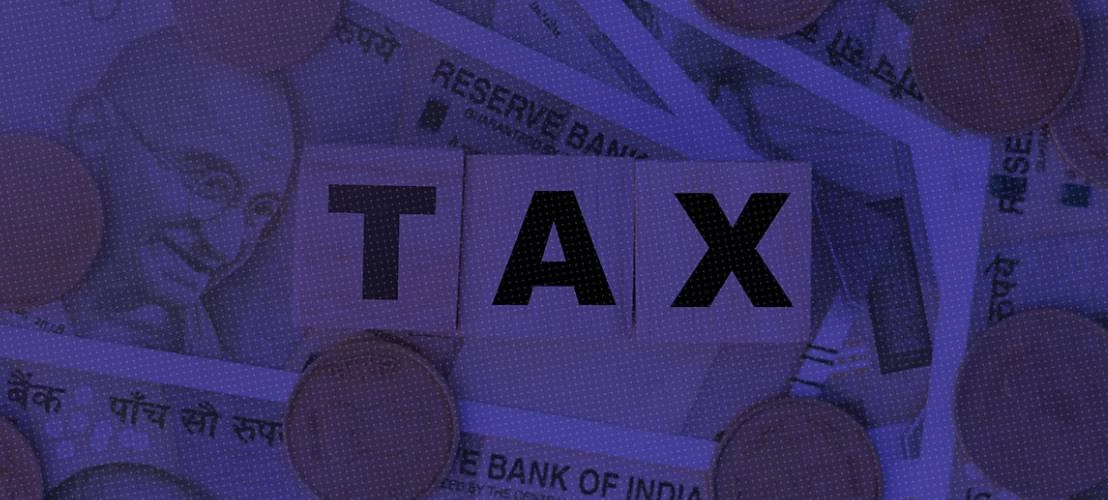Holding the Bombay High Court decision in the case of Dhiraj Dharamdas Dewani v. Sonal Info Systems Pvt. Ltd. and Others as per incuriam, the Coordinate Bench of the same Court has held that registration under Copyright Act, 1957 is not mandatory.
According to the single-Judge Bench, the earlier decision incorrectly noted that there was no decision of the Bombay High Court directly on this point while there were, in fact, four previous decisions, all to the contrary, each binding on the Dhiraj Dewani Court.
The Court in the case Sanjay Soya Private Limited v. Narayani Trading Company [Judgement dated 9 March 2021] noted that previous judgements of a bench of coordinate strength cannot be ignored as they are fully binding.
It was also held that placing registration under Copyright Act on the same pedestal as Trade Marks Act, is incorrect. It noted that the Copyright Act gives a range of rights and privileges to the first owner of copyright without requiring prior registration and that Section 45 of the said Act, relating to entries in register of copyrights, uses the word ‘may’ while Section 51, which speaks of infringement of copyright, does not restrict itself to works that have been registered.
Further, noting that ‘registration’ of copyright as a mandatory requirement would be in the teeth of the requirement under the Berne Convention of 1886, it was held that protection must be ‘automatic’, on the coming into existence of the work in which copyright is claimed.







